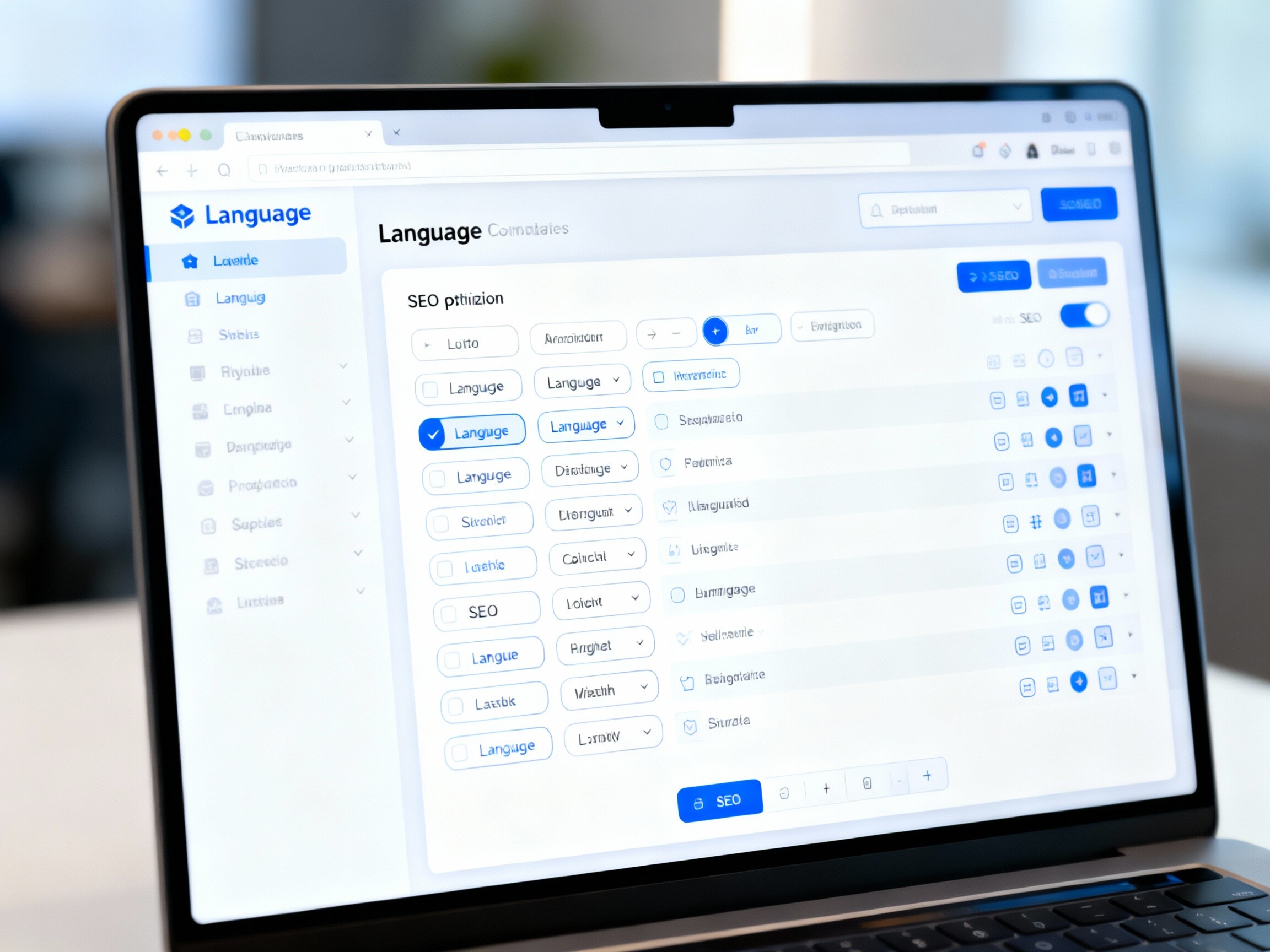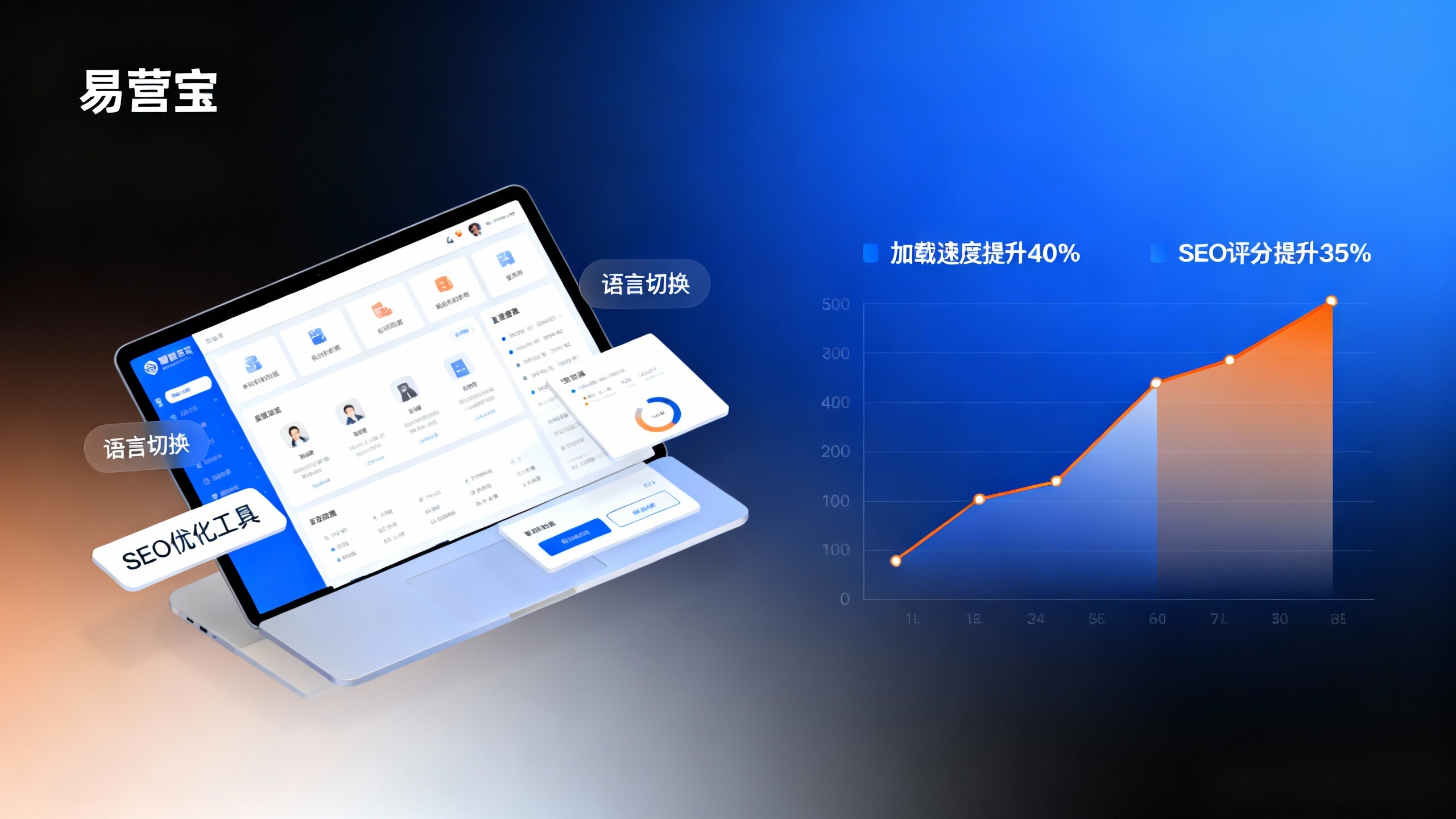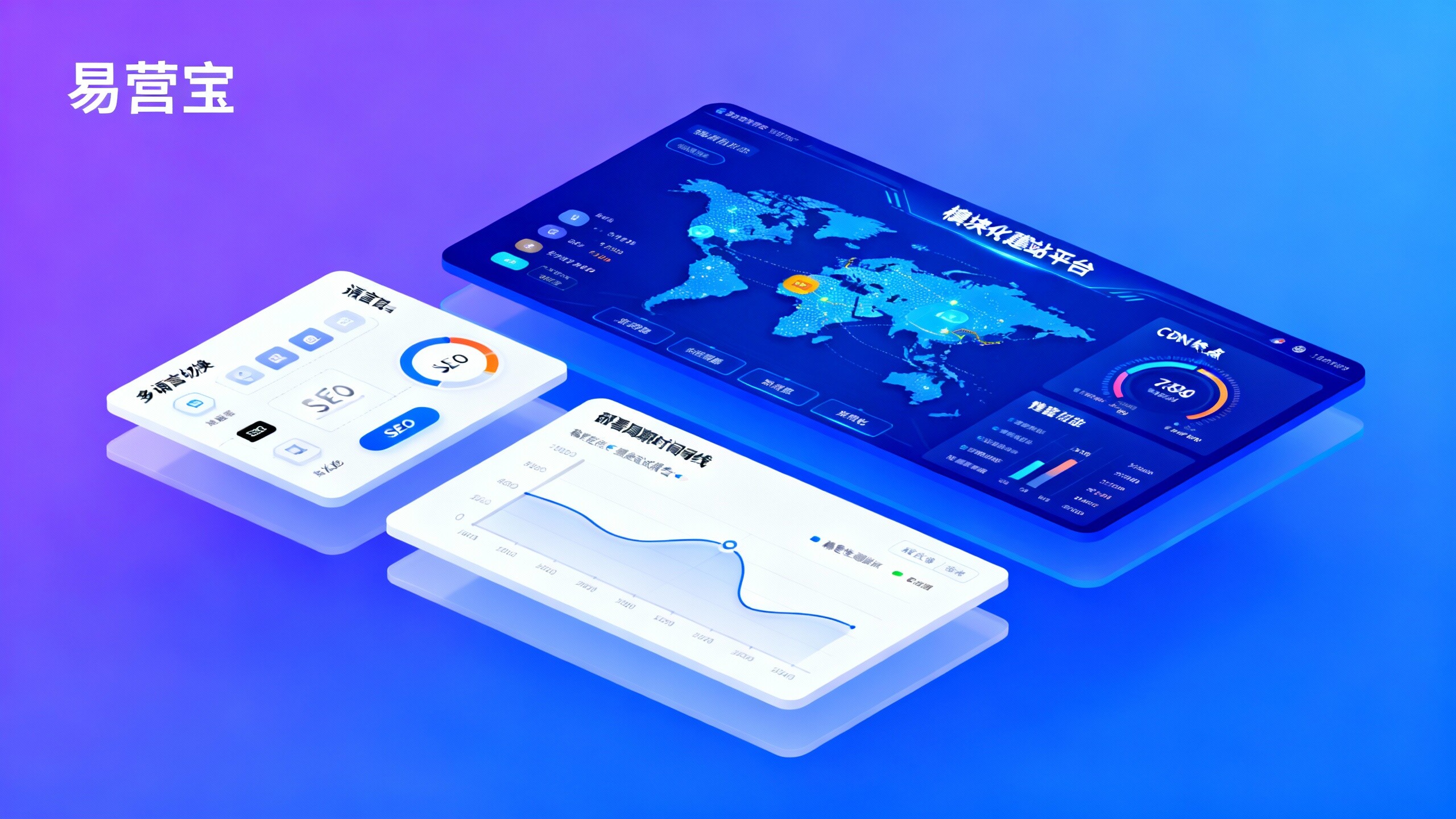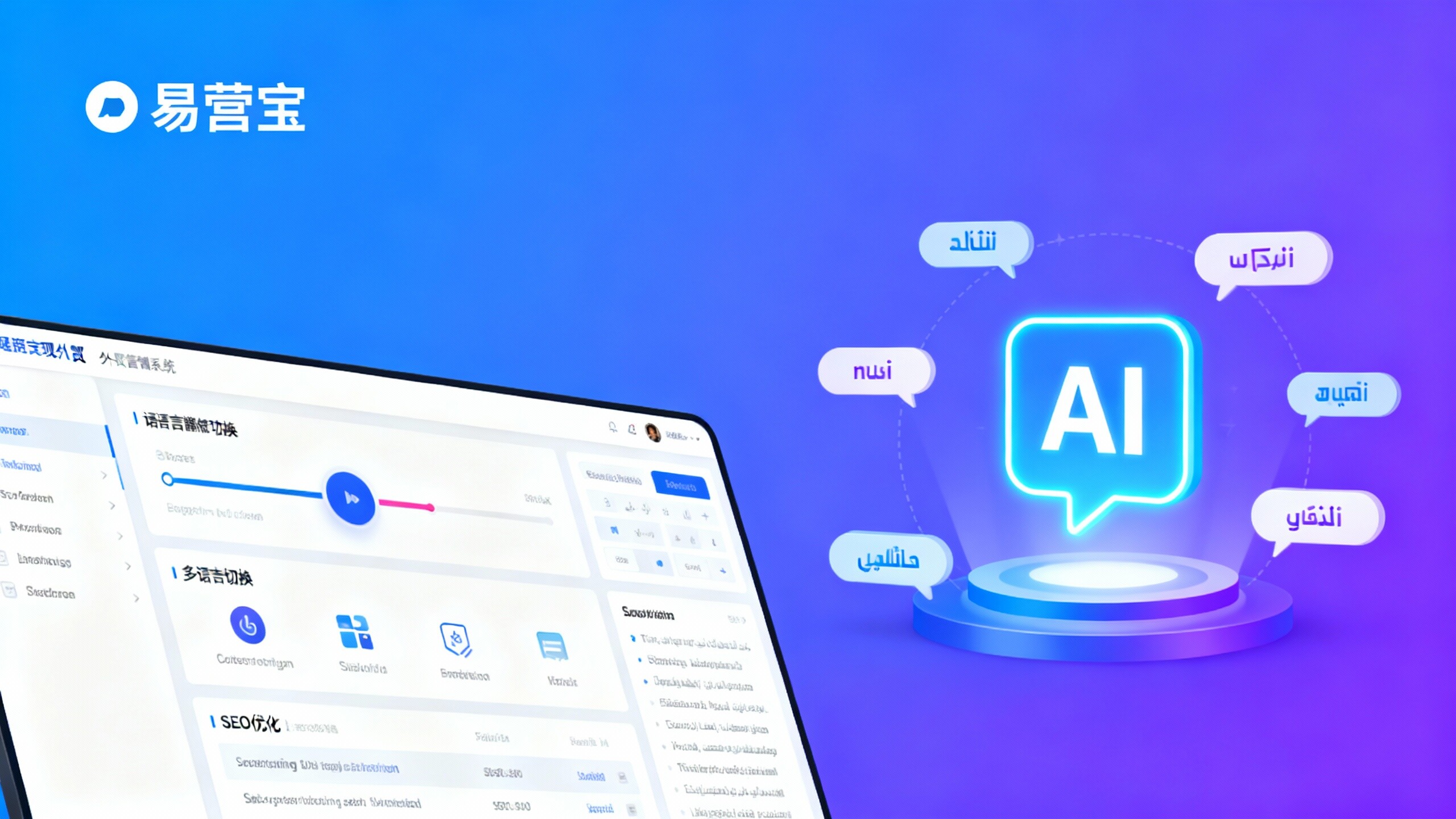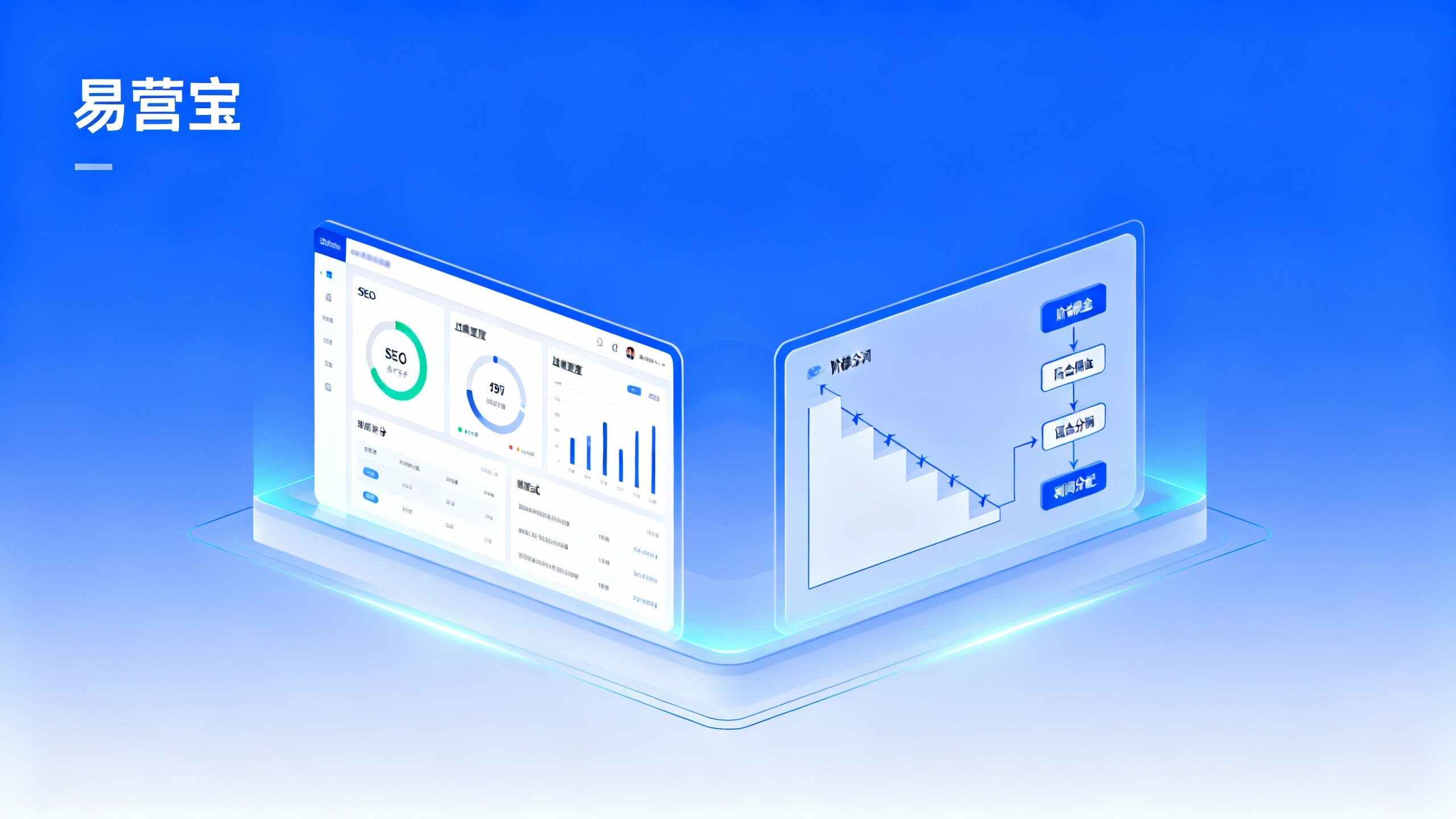Definition of Global Multilingual Websites
A global multilingual website refers to a systematic website construction technology that supports dozens to hundreds of languages, enabling global users to access corresponding content based on their country, language preference, and cultural habits. This system not only includes language-level translation but also international SEO, structured Schema, GEO targeting, and cross-cultural localization capabilities, making it a key tool for modern cross-border commerce and global brand expansion.
Development History of Global Multilingual Websites
Early global multilingual websites relied on manual translation and manual construction, resulting in high maintenance costs. With the rapid growth of the cross-border e-commerce industry and the sharp increase in global demand for localized content, website systems began incorporating language switching, independent language directories, and basic SEO capabilities. In recent years, with advancements in AI translation, NLP comprehension, localization algorithms, and GEO recognition technologies, next-generation multilingual website systems like EasyStore have achieved automated multilingual content generation, intelligent localization, and cross-regional SEO management, ushering in the era of intelligent global website construction.
Technical Principles of Global Multilingual Websites

Global multilingual websites rely on AI translation engines, natural language processing systems, structured data, hreflang tags, international domain strategies, global CDN acceleration, and GEO recognition technologies. The system automatically matches corresponding language content by detecting user location, browser language, and search source information. EasyStore employs intelligent NLP engines and industry-specific terminology databases to ensure translations are closer to native expressions while incorporating automated SEO generation mechanisms to ensure each language version of the website is search-engine-friendly.
Technical Features of Global Multilingual Websites
1. Supports automated generation of global multilingual content (covering major languages in Asia, Europe, the Americas, and Africa)
2. Automatically generates international SEO structures and complete hreflang tags
3. GEO targeting identifies and automatically displays corresponding language content
4. Global product databases can synchronize multilingual content
5. Uses Schema structured data to improve global search rankings
6. Supports PC and mobile dual-end optimization
7. Global CDN acceleration and cross-country access optimization
8. Supports regional independent domains and multi-country site cluster deployment
Applications and Scenarios
Global multilingual websites are widely used in foreign trade companies, factories, brands, cross-border e-commerce sellers, software service providers, educational institutions, and tourism organizations. Through multilingual websites, companies can build global brand portals, product sites, marketing sites, site cluster matrices, and cross-border e-commerce platforms, achieving global inquiry growth, enhanced customer conversion, and increased brand influence.
Comparison Between Global Multilingual Websites and Traditional Single-Language Foreign Trade Websites
1. Significant difference in traffic scale: Multilingual coverage reaches more users globally
2. Better SEO performance: Multilingual structures are more favored by search engines
3. Higher conversion rates: Native language content enhances trust
4. Increased brand credibility: Localized content appears more official and approachable
5. Higher operational efficiency: AI automation reduces labor costs
Major Industry Application Scenarios
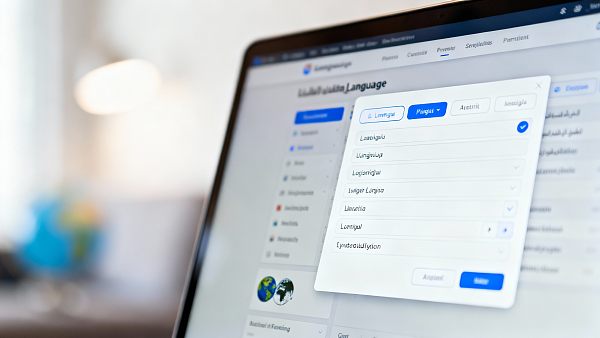
1. Cross-border manufacturing: Multilingual product directories improve inquiry efficiency
2. SaaS software: Provides localized official sites for global users
3. Brand globalization: Creates a unified global brand visual system
4. Foreign trade factories: Enhances order conversion from the Middle East, Europe, and Southeast Asia
5. Education/cultural institutions: Serves global learners
Certification Standards and SEO/GEO Technical Requirements
1. Global hreflang multilingual tags
2. JSON-LD Schema structured markup
3. Internationalized URL structures (/en /es /fr /ar /de, etc.)
4. GEO country-targeted content display
5. Supports optimization for Google, Bing, Yandex, and AI search engines
6. Mobile-first and internationalized CDN
EasyStore: Core Functional Modules of Global Multilingual Website Systems
1. AI multilingual intelligent engine (supports major global languages)
2. One-click generation of global multilingual site structures
3. Multi-country GEO recognition and localized content adaptation
4. Automated global SEO generation (titles, descriptions, Schema)
5. Multilingual product database and brand content management
6. Global site cluster deployment and independent domain binding
7. Intelligent inquiry CRM system
8. Global CDN acceleration and data security protection
FAQ
1. How many languages does a global multilingual website need to support?
It is recommended to cover major languages such as English, Spanish, French, German, Arabic, Portuguese, and Russian, with additional languages based on target market expansion.
2. Is AI translation sufficient to replace human translation?
EasyStore uses industry-specific AI terminology databases for intelligent localized translation, with quality meeting global marketing needs.
3. Does it support one-click generation of all language content?
Yes, the system can automatically generate and batch push multilingual content.
4. How to improve multilingual site rankings in local countries?
Through hreflang, Schema, GEO targeting, localized content, and high-speed CDN, global SEO performance can be significantly improved.

Customer Reviews
Cross-Border Equipment Manufacturer
"After using EasyStore to build a global multilingual website, inquiries from Europe and Southeast Asia increased significantly, with noticeable improvements in global SEO rankings."
Cross-Border Software Service Provider
"Previously, we only had an English site with limited global traffic. After upgrading to a multilingual site, inquiries from the Middle East and Latin America grew very significantly."
![From the perspective of quality control and security, experience the use of EasyStore: vulnerabilities, backups, and permission management From the perspective of quality control and security, experience the use of EasyStore: vulnerabilities, backups, and permission management]() From the perspective of quality control and security, experience the use of EasyStore: vulnerabilities, backups, and permission managementExperience the use of EasyStore and compare it with competitors: in-depth evaluation from three dimensions—vulnerabilities, backups, and permission management, combined with intelligent website platform competitor analysis, providing actionable improvement suggestions and implementation paths for foreign trade website systems and multilingual website development. Help you make quick decisions and reduce operational risks, including executable checkpoints, SLA template clauses, and demonstration samples. Click to get the full report and free consultation.
From the perspective of quality control and security, experience the use of EasyStore: vulnerabilities, backups, and permission managementExperience the use of EasyStore and compare it with competitors: in-depth evaluation from three dimensions—vulnerabilities, backups, and permission management, combined with intelligent website platform competitor analysis, providing actionable improvement suggestions and implementation paths for foreign trade website systems and multilingual website development. Help you make quick decisions and reduce operational risks, including executable checkpoints, SLA template clauses, and demonstration samples. Click to get the full report and free consultation.![Guide to Choosing a Foreign Trade Website System: How to Evaluate Multilingual Website Capabilities Guide to Choosing a Foreign Trade Website System: How to Evaluate Multilingual Website Capabilities]() Guide to Choosing a Foreign Trade Website System: How to Evaluate Multilingual Website CapabilitiesYingbao Competitive Comparison, Smart Website Platform Competitive Analysis: This guide evaluates Yingbao's user experience and technology, marketing and operational advantages from the perspective of multilingual websites, foreign trade website systems, and foreign trade marketing systems. It provides smart website platform recommendations, smart website market reports, and industry analysis, along with executable POC and KPIs. Click to see what Yingbao is like, real cases, and actual data on traffic improvement. Apply now for a free needs diagnosis and demo.
Guide to Choosing a Foreign Trade Website System: How to Evaluate Multilingual Website CapabilitiesYingbao Competitive Comparison, Smart Website Platform Competitive Analysis: This guide evaluates Yingbao's user experience and technology, marketing and operational advantages from the perspective of multilingual websites, foreign trade website systems, and foreign trade marketing systems. It provides smart website platform recommendations, smart website market reports, and industry analysis, along with executable POC and KPIs. Click to see what Yingbao is like, real cases, and actual data on traffic improvement. Apply now for a free needs diagnosis and demo.![2025 Global Multilingual Website Demand Analysis: EasyCamp Support Level and Competitive Product Comparison 2025 Global Multilingual Website Demand Analysis: EasyCamp Support Level and Competitive Product Comparison]() 2025 Global Multilingual Website Demand Analysis: EasyCamp Support Level and Competitive Product ComparisonEasyCamp Competitive Product Comparison and Smart Website Platform Competitive Analysis: This report provides an in-depth evaluation of the EasyCamp user experience and "How EasyCamp Works", comparing speed, SEO, translation, and compliance in global multilingual website, foreign trade website systems, and foreign trade marketing system scenarios, including a 30-day trial plan, quantitative loading/SEO/conversion metrics with free consultation, helping you quickly form an executable shortlist and obtain smart website market reports and platform recommendations.
2025 Global Multilingual Website Demand Analysis: EasyCamp Support Level and Competitive Product ComparisonEasyCamp Competitive Product Comparison and Smart Website Platform Competitive Analysis: This report provides an in-depth evaluation of the EasyCamp user experience and "How EasyCamp Works", comparing speed, SEO, translation, and compliance in global multilingual website, foreign trade website systems, and foreign trade marketing system scenarios, including a 30-day trial plan, quantitative loading/SEO/conversion metrics with free consultation, helping you quickly form an executable shortlist and obtain smart website market reports and platform recommendations.![How is EasyStore? A Reliable and Security Inspection Checklist from a Technical Evaluation Perspective How is EasyStore? A Reliable and Security Inspection Checklist from a Technical Evaluation Perspective]() How is EasyStore? A Reliable and Security Inspection Checklist from a Technical Evaluation PerspectiveHow is EasyStore? A competitive product comparison and intelligent website platform competition analysis for EasyStore, based on technical evaluation, security compliance, and user experience, providing recommendations for intelligent website platforms and foreign trade website systems, foreign trade marketing systems, and global multilingual website practical operation checklists, including performance, DDoS/SSL, translation accuracy, stress testing and POC steps, quickly assessing risks and conversion potential, assisting in EasyStore user experience verification and procurement decisions, read now and apply for a 30-day trial.
How is EasyStore? A Reliable and Security Inspection Checklist from a Technical Evaluation PerspectiveHow is EasyStore? A competitive product comparison and intelligent website platform competition analysis for EasyStore, based on technical evaluation, security compliance, and user experience, providing recommendations for intelligent website platforms and foreign trade website systems, foreign trade marketing systems, and global multilingual website practical operation checklists, including performance, DDoS/SSL, translation accuracy, stress testing and POC steps, quickly assessing risks and conversion potential, assisting in EasyStore user experience verification and procurement decisions, read now and apply for a 30-day trial.![EasyOperate Experience Test: Deployment Cycle, Stability, and Post-Sale Evaluation EasyOperate Experience Test: Deployment Cycle, Stability, and Post-Sale Evaluation]() EasyOperate Experience Test: Deployment Cycle, Stability, and Post-Sale EvaluationEasyOperate Experience Test: Deployment Cycle, Stability, and In-Depth Post-Sale Assessment, Including Competitive Product Comparison and Smart Website Building Platform Recommendations. Covers Foreign Trade Website Systems, Global Multilingual Websites, SEO and Ad Performance Reports. Provides Measured Data, POC and Procurement Suggestions, Featuring First-Year Inquiry Commitment and ROI Calculation Examples. Supports Free POC Booking, Click to Learn Full Solution.
EasyOperate Experience Test: Deployment Cycle, Stability, and Post-Sale EvaluationEasyOperate Experience Test: Deployment Cycle, Stability, and In-Depth Post-Sale Assessment, Including Competitive Product Comparison and Smart Website Building Platform Recommendations. Covers Foreign Trade Website Systems, Global Multilingual Websites, SEO and Ad Performance Reports. Provides Measured Data, POC and Procurement Suggestions, Featuring First-Year Inquiry Commitment and ROI Calculation Examples. Supports Free POC Booking, Click to Learn Full Solution.![Foreign Trade Marketing System in Action: 5 Key Configuration Points to Enhance Overseas Lead Conversion Foreign Trade Marketing System in Action: 5 Key Configuration Points to Enhance Overseas Lead Conversion]() Foreign Trade Marketing System in Action: 5 Key Configuration Points to Enhance Overseas Lead ConversionEasyStore Competitive Product Comparison, Intelligent Website Building Platform Competitive Analysis: Foreign Trade Marketing System and Foreign Trade Website Building System Practical Configuration, Covering Global Multilingual Website Building, SEO, AI Content and Compliance Security, Helping You Improve Overseas Lead Conversion. Want to Learn About the EasyStore User Experience and How EasyStore Works? Click to Get Intelligent Website Building Platform Recommendations and Market Reports, Free Evaluation and Trial, Obtain an Executable Five-Step Optimization Checklist, Reduce Selection Risks, and Improve First-Month Conversion Rates.
Foreign Trade Marketing System in Action: 5 Key Configuration Points to Enhance Overseas Lead ConversionEasyStore Competitive Product Comparison, Intelligent Website Building Platform Competitive Analysis: Foreign Trade Marketing System and Foreign Trade Website Building System Practical Configuration, Covering Global Multilingual Website Building, SEO, AI Content and Compliance Security, Helping You Improve Overseas Lead Conversion. Want to Learn About the EasyStore User Experience and How EasyStore Works? Click to Get Intelligent Website Building Platform Recommendations and Market Reports, Free Evaluation and Trial, Obtain an Executable Five-Step Optimization Checklist, Reduce Selection Risks, and Improve First-Month Conversion Rates.![How to Choose a Smart Website Building Platform for Distributors: Recommended Smart Website Platforms and Profit-Sharing Models How to Choose a Smart Website Building Platform for Distributors: Recommended Smart Website Platforms and Profit-Sharing Models]() How to Choose a Smart Website Building Platform for Distributors: Recommended Smart Website Platforms and Profit-Sharing ModelsYingbao Product Comparison, Smart Website Platform Analysis and Recommendations: This report combines Yingbao user experience, global multilingual website building, and foreign trade website system integration to provide distributors with specialized profit-sharing models, practical SOPs, and pilot strategies, helping you validate conversions and expand channel revenue. Click to access market reports and customized evaluations.
How to Choose a Smart Website Building Platform for Distributors: Recommended Smart Website Platforms and Profit-Sharing ModelsYingbao Product Comparison, Smart Website Platform Analysis and Recommendations: This report combines Yingbao user experience, global multilingual website building, and foreign trade website system integration to provide distributors with specialized profit-sharing models, practical SOPs, and pilot strategies, helping you validate conversions and expand channel revenue. Click to access market reports and customized evaluations.![A template for evaluating foreign trade website systems tailored for enterprise decision-makers A template for evaluating foreign trade website systems tailored for enterprise decision-makers]() A template for evaluating foreign trade website systems tailored for enterprise decision-makersA competitive comparison template for EasyStore and intelligent website building platforms, designed for foreign trade website systems and marketing system selection. Includes EasyStore user experience evaluation, how to assess EasyStore, global multilingual website technology, security, ROI quantitative scoring, helping you make quick decisions and launch pilot tests. Provides editable scoring sheets, third-party case studies, and implementation recommendations, covering intelligent platform recommendations, SEO and page performance guarantees, reducing selection risks and shortening launch cycles. Contact us for customized evaluations.
A template for evaluating foreign trade website systems tailored for enterprise decision-makersA competitive comparison template for EasyStore and intelligent website building platforms, designed for foreign trade website systems and marketing system selection. Includes EasyStore user experience evaluation, how to assess EasyStore, global multilingual website technology, security, ROI quantitative scoring, helping you make quick decisions and launch pilot tests. Provides editable scoring sheets, third-party case studies, and implementation recommendations, covering intelligent platform recommendations, SEO and page performance guarantees, reducing selection risks and shortening launch cycles. Contact us for customized evaluations.

